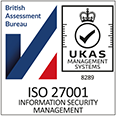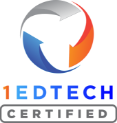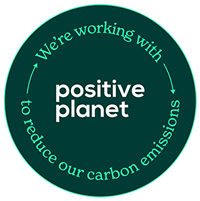Jonathan Powles, Vice Principal and PVC Learning, from University of West of Scotland on the provocations panel discussion on the topic ‘Making Assessment Meaningful’. This recording is from our 2023 MiniBash community event which was hosted in Birmingham, England. Videos are for educational personnel only and require a live educational email to watch. You can read a small snippet of the video transcript below.
–START TRANSCRIPT–
So I’ve gone a bit off piste listening to this morning’s really stimulating conversation. I’ve actually generated multiple provocations and sort of going to spit them at you machine gun-like rather, than stick to just one.
Originally, I wanted to, and I still will talk about the concept of terror incognito, unknown spaces in what we call our spy module at university, something quite similar to what Kathy and Rachel talked about earlier on this morning. So I won’t emphasise that, I’ll just stick with the ideas. This idea and I have a concern that we are too tightly trying to constrain what we know in advance about the student journey, and I think that that’s antithetical to education.
I’m also exercised as we all are by some of the rhetoric around the impact of Chat GPT which is apparently undermining the very foundations of higher education as we know it, nonsense. We’ve had university education in this country for a thousand years, and we’ve had written exams as a part of that for about the same length of time as we’ve had the machine gun, 150 years, much the same effect probably just spit industrial scale educational carnage at our students. Most assessment was oral for the history of universities and that has actually had a very personal effect. The whole point was to assess the individual and the notion of industrial anonymized assessment by examination or indeed by essays less than 150 years old. Essays are less than 100 years old. And actually, what we’re seeing now is just a blip in terms of that reproducible technology. Really interesting to put that in context.
One of the things that I’m going to talk about is mapping. We use this metaphor of the map, and it’s useful to think that we’ve had maps around for 2 and a half thousand years, but we’ve only had GPS for about twenty.
And since we’ve had GPS, we’ve known exactly where we are on the planet. But for all the other history of mapping, the history of mapping has been actually encountered between known spaces, the things that we know and what we don’t know. That’s what maps are for, to describe that boundary, and I’ll show you some of those in a second. So when we transfer this notion of mapping, across to higher education or across to assessment. I remember I arrived at UWS and someone quite cheerfully said, oh, we’ve just done a mapping of our learning outcomes, our module level learning outcomes against our program level learning outcomes, and so we know exactly what a student should know at any point in time, and my heart sank.
I don’t know if you recognise that sort of document. I asked one of the generative AI image things what does mapping the curriculum look like, and that’s one of the images that it came up with. I thought it was pretty close actually and not too far apart.
–END TRANSCRIPT–







